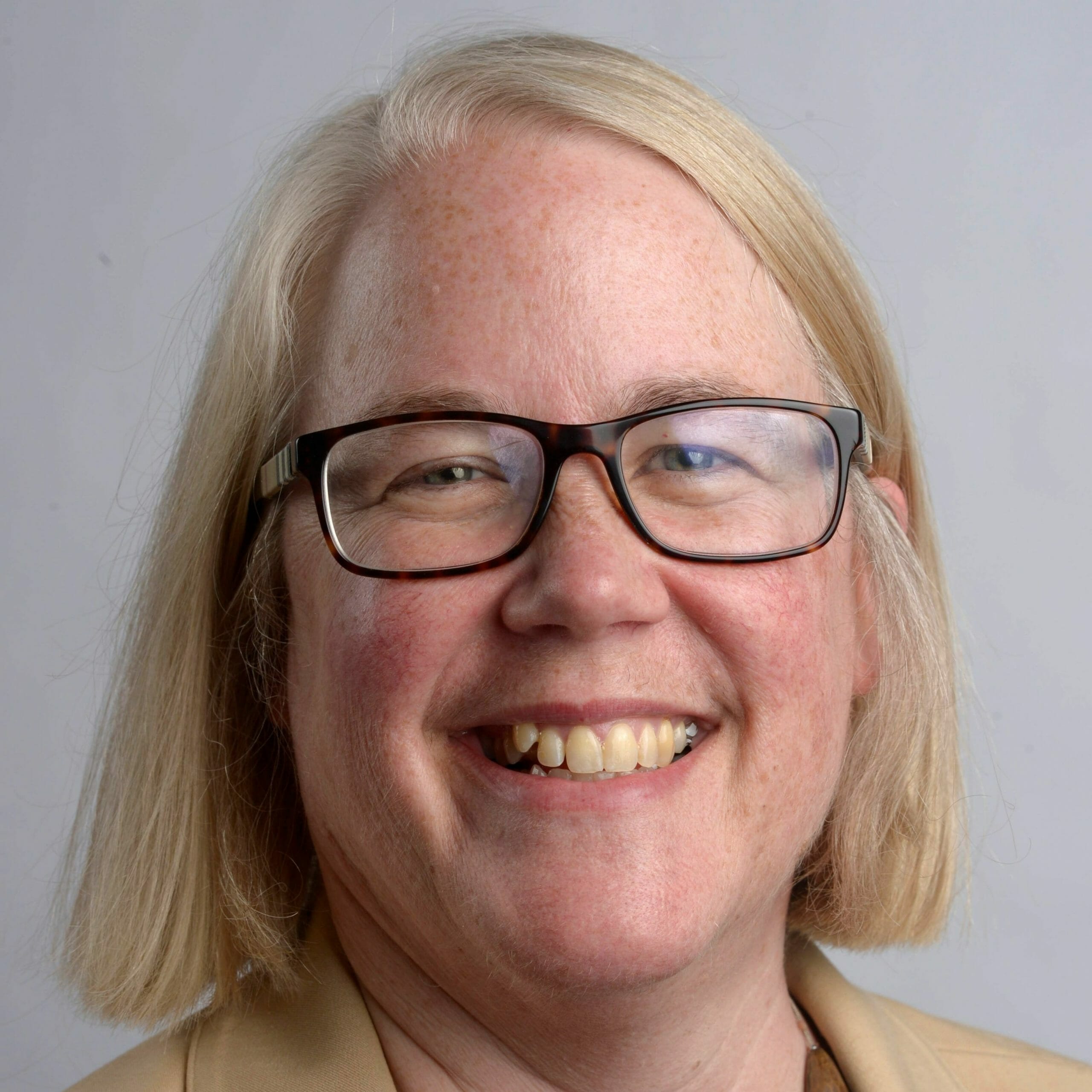Enhance Your Application Process: Strategies to Measure Grit and Non-Cognitive Variables
(Retired)
| Last updated May 14, 2018
Why is this event retired?
At AI we want to always ensure that the best and most current trainings are available to members, and we regularly review our trainings to ensure that is the case.



